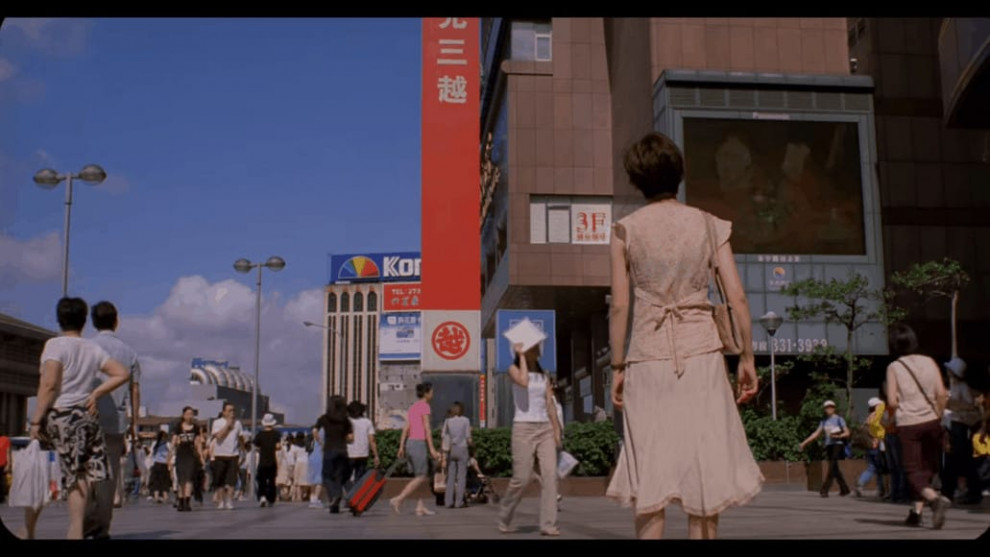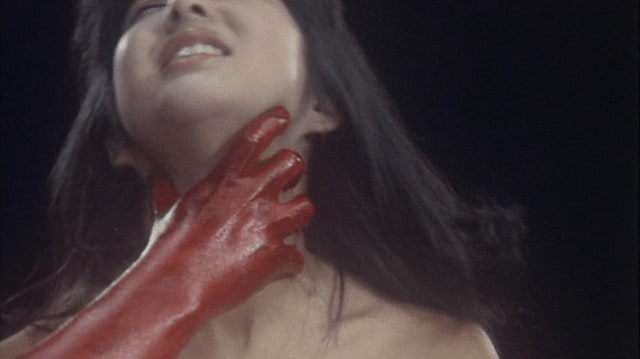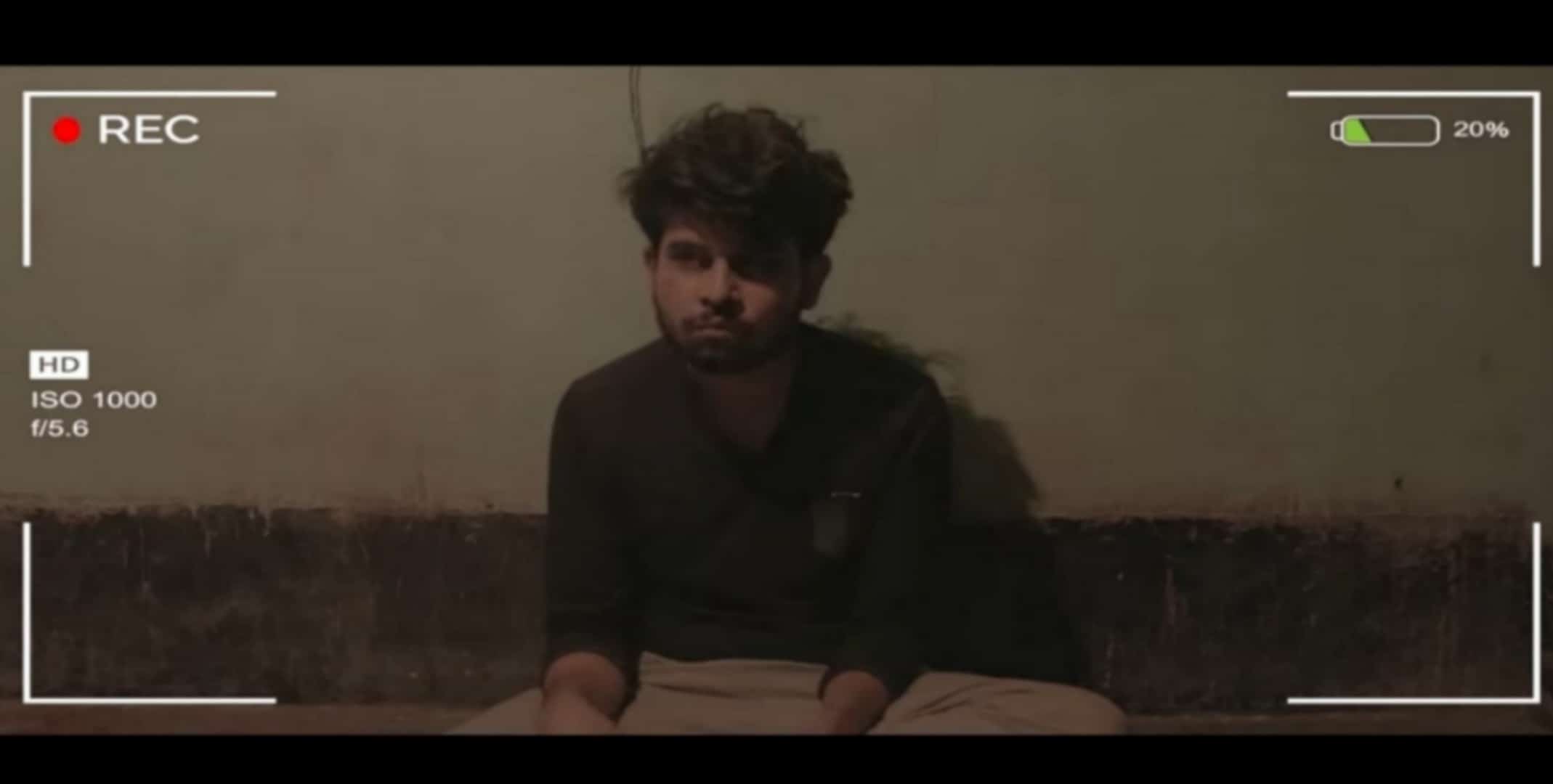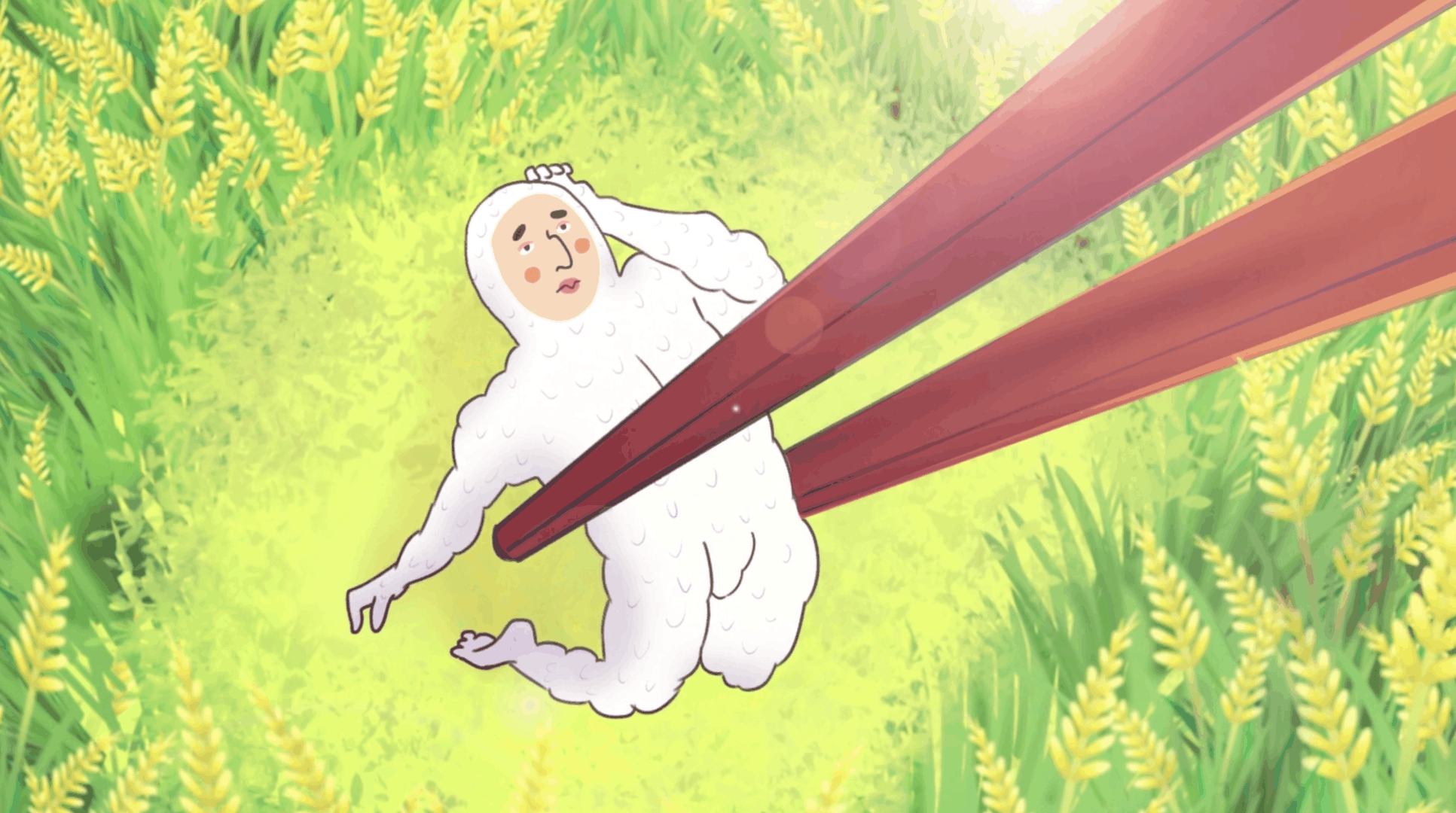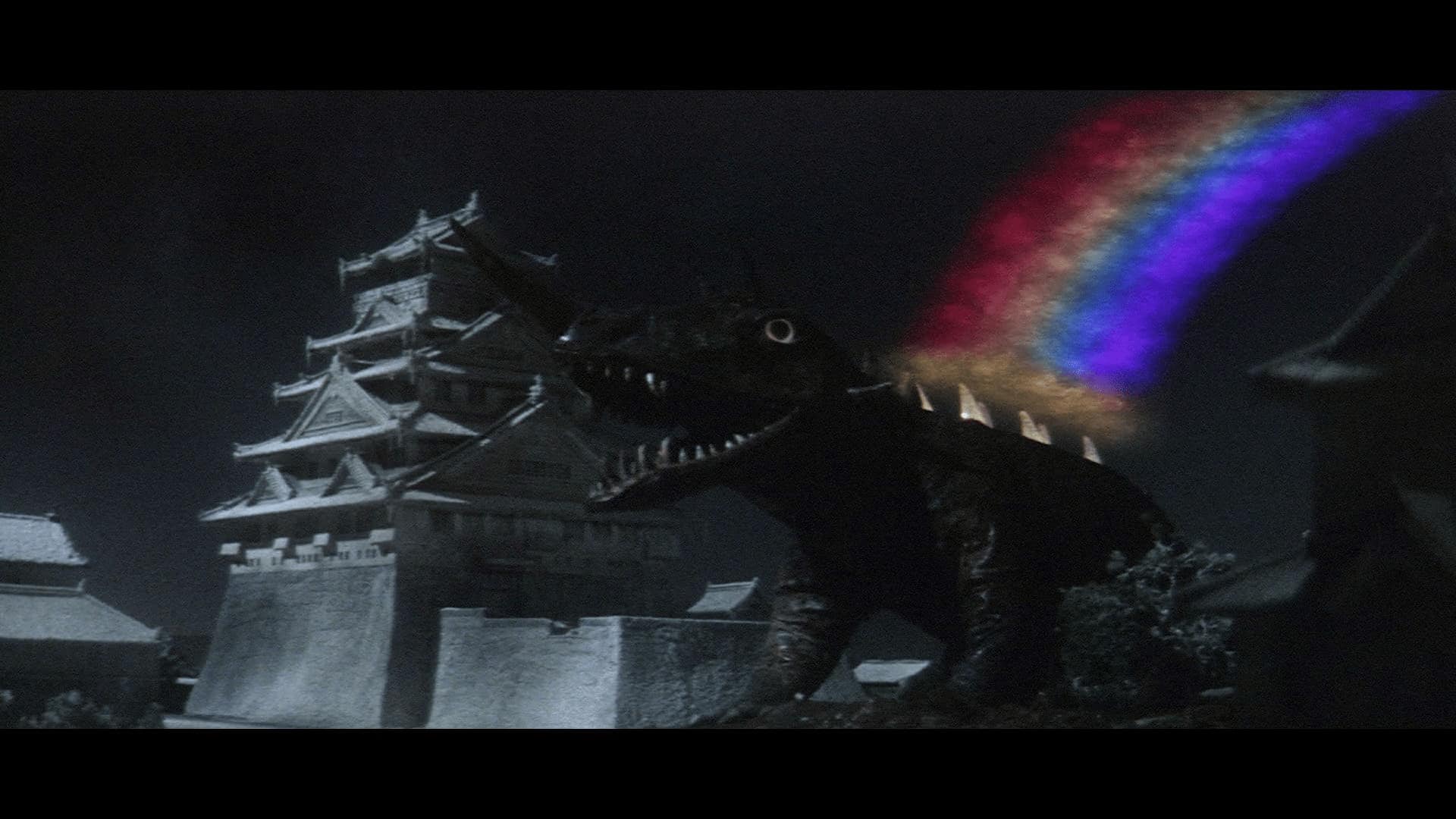“I rushed through the woods
Where there were numerous trees.
I could not find his trail
But saw the trees in the breeze.”
After the shooting on his 2001 film “What Time Is It There?” was finished, one of the central locations for the movie, the Skywalk in front of New Railway Station in Taipei was torn down. As the urban landscape changes, so does the memory of a place, resulting in a loss of orientation in people. His short feature “The Skywalk Is Gone” can therefore be seen as both a companion piece to “What Time Is It There?” but also as a further exploration on the changing face of the city and the loss of memory that comes with it.
At the centre of the film, a young woman named Hsiang-chi (Chen Shiang-chyi) tries to find a street vendor, Hsiao-kang (Lee Kang-sheng). However, since the Skywalk where the vendor sold his watches has been torn down, she is unable to find the man, Aimlessly she walks through the streets to find more things have changed while she was gone.
The Skywalk Is Gone is screening at
Taiwan Film Festival UK

Meanwhile, Hsia-kang prepares for an audition to become an actor in pornographic movies. Since he had to give up selling watches, he is looking for other ways to make a living.
Even though it is quite challenging to understand some of the references of the short film, considering it is connected to another feature film by the same director, its central metaphor is not only universal, but quite fascinating. The image of the urban space is one defined by the masses of people rushing towards the entrances of shopping malls or to their jobs in the skyscrapers nearby, the various labels of companies indicate the consumerist connotation of the city. In the end, this is a place moving forward, a place of fast-trading and progress which do not allow standstill, a thought supported by the vast building site where soon a new store, skyscraper or parking lot will be open for business.

However, in the eyes of the character memory, the biggest enemy of progres, gets in the way of moving forward. Even though the Skywalk has been torn down, the thought of it lives on in the routine and the sense of dislocation the characters experience. When Hsiang-chi crosses the street, she is immediately stopped by a police officer demanding her ID and scolding her for being inattentive. The loss of a structure and the inability to connect spatial memory to the new reality of a place has created a profound sense of confusion, a moment of standing still which is soon punished by the new reality.
Tsai Ming-Liang creates very precise, beautiful images which link to feelings of nostalgia a place now reserved exclusively to one's memory. The use of reflective surfaces, urban structures as well as verticals are strongly reminiscent of the cinema of Michelangelo Antonioni or Edward Yang, who have shared a similar sense of the city as an ever-changing entity. While there is no true feeling of grief for the loss of a place, there is the notion of the character simply not able to keep up with the rapid pace of progress and change. In the end, the feeling of being left behind may just be at the core of “The Skywalk Is Gone”.
Sources:
1) Sen-Lun, Yu (2003) Tsai Ming-liang continues his search for a vanishing Taipei
http://www.taipeitimes.com/News/feat/archives/2003/04/25/203477, last accessed on: 03/17/2019
2) Hu, Brian (2003) Goodbye City, Goodbye Cinema: Nostalgia in Tsai Ming-liang's The Skywalk Is Gone
http://sensesofcinema.com/2003/feature-articles/skywalk_is_gone/, last accessed on: 03/17/2019


